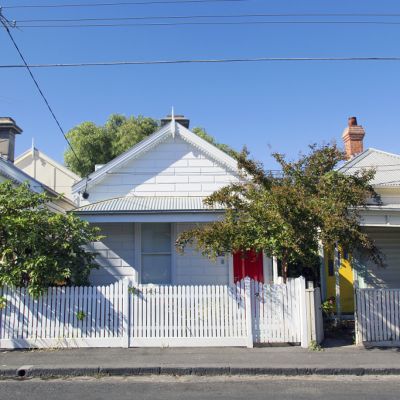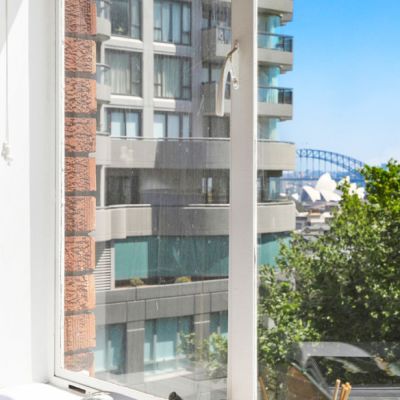More Australians feel positive about the housing market, but younger buyers face an affordability barrier
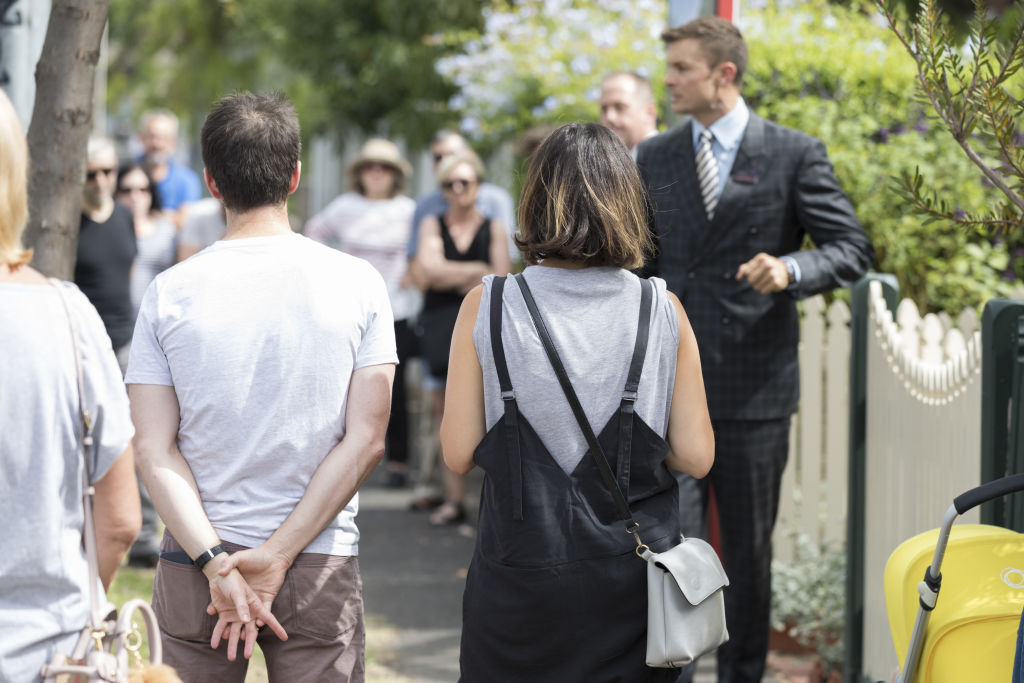
More Australians now have a positive view of the property market and more confidence that prices will rise, new research has found.
Recovering property prices across Australia have fuelled improved sentiment, according to a quarterly report by ME Bank.
The findings come against a backdrop of record-low interest rates and higher auction clearance rates in major capitals.
The report, which surveyed 1000 Australians in the property market, found about 42 per cent of participants said they felt good about the current market, up 9 percentage points from last quarter.
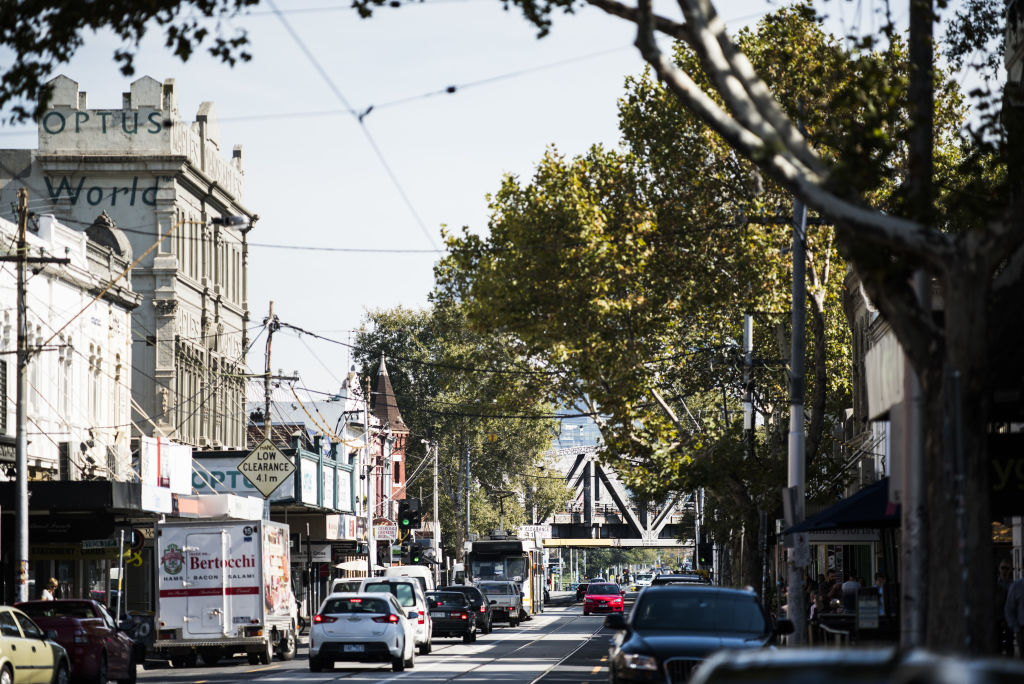
Respondents in all major cities except Perth showed a more positive outlook on prices.
Sentiment was most improved in Sydney and Melbourne, both of which saw a dramatic rebound in property values in recent months.
Sydney has seen the fastest quarterly comeback in decades, while house prices in Melbourne regained more than half of what was lost in the downturn, according to Domain’s latest House Price Report.
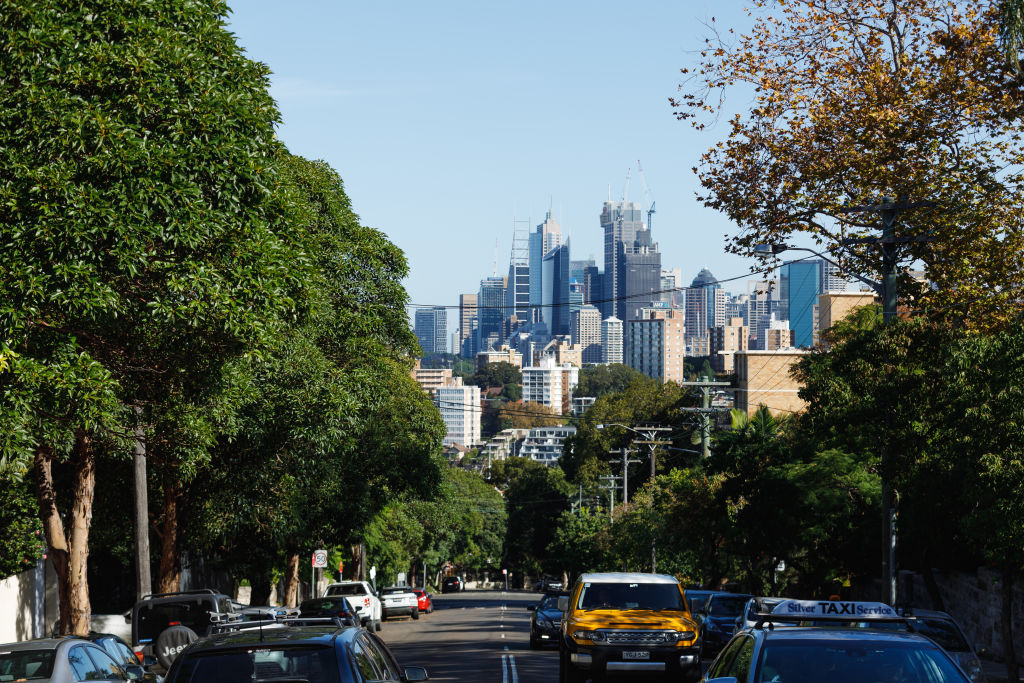
The number of people who now intended to buy was up by 2 percentage points, ME’s report found. Intention to sell was up by 4 percentage points, which could boost the number of homes coming onto the market.
On Sydney’s lower north shore, that was playing out through a boost of activity for homes up to about $2 million, Tim Foote from Belle Property Mosman said.
“Buyer sentiment is definitely positive. They’re finding that getting financing is easier, and there’s a sense that the market has bottomed out … that prices are improving, and sustainably so,” Mr Foote said.
He said inspection numbers for homes under $2 million were the strongest, typically attracting investors and first-home buyers. “Things are selling pretty well in that space,” he added.
In Melbourne’s inner-east, Michael Armstrong from Kay & Burton South Yarra said market sentiment had improved dramatically after the federal election.
“I found it surprising how quickly people went from being very pessimistic about property … to all of a sudden there being a big swing around,” he said.
Rising prices a double-edged sword
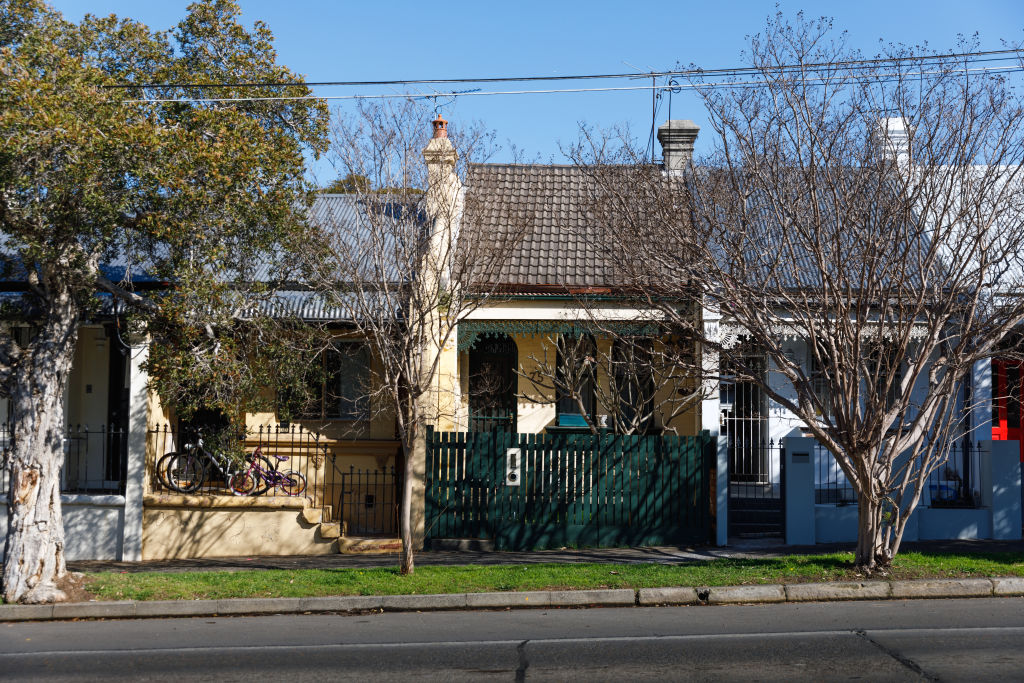
ME found Millennials to be the most likely to buy or sell, up by 8 percentage points since their last report.
But even though there was a rise in positive sentiment across the board, it climbed by the smallest amount among first-home buyers. This could be due to narrowing opportunities for those buyers to secure a bargain, according to ME general manager of home loans Andrew Bartolo,
“For them, rising prices are potentially going to affect their affordability,” Mr Bartolo said. “But they do have the government’s new First Home Loan Deposit Scheme on the horizon.”
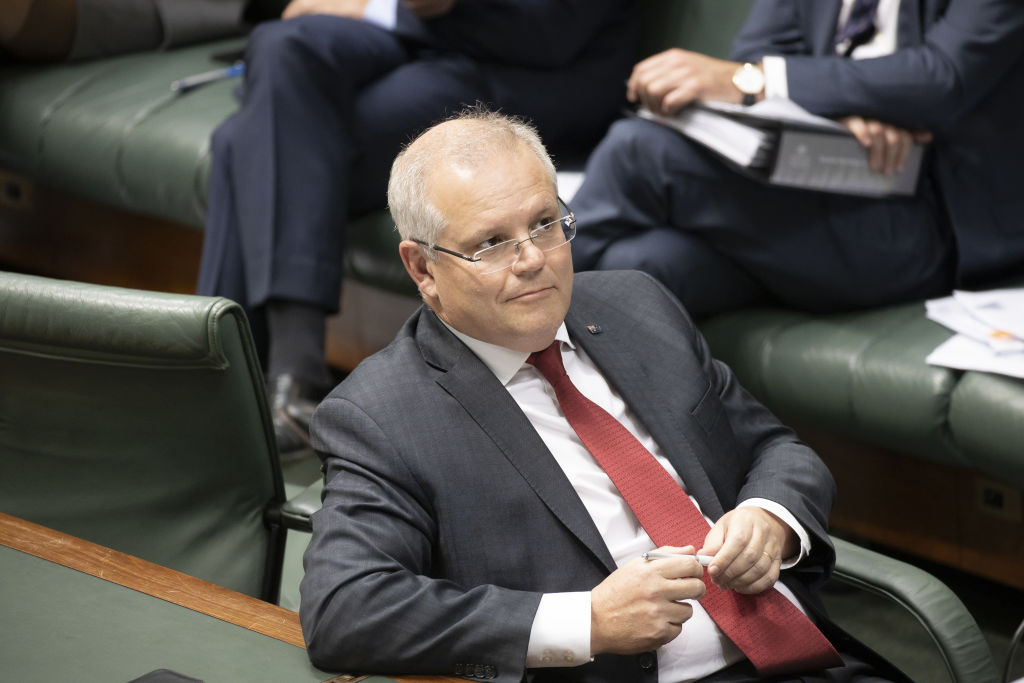
Mr Bartolo said the uptick in first-home buyer activity could be a sign of young Australians trying to find a foothold in the market before prices rose much higher.
“That’s potentially driving the moves in that space, as well as pent-up demand,” he said. “The older buyers [in that segment] might have been holding on for a little while and might be thinking, ‘it’s now or never’.”
Mr Armstrong noted that first-home buyers were facing increased competition for properties too. “Investors are roaring back now,” he said.
For some, financial assistance from their parents is helping matters.
“The bank of mum and dad is very busy at the moment,” said Mr Armstrong. “It is a very visible thing now that you do get parents playing a very active role in the purchase, and it’s more noticeable than it’s ever been.”
Window of opportunity could be closing
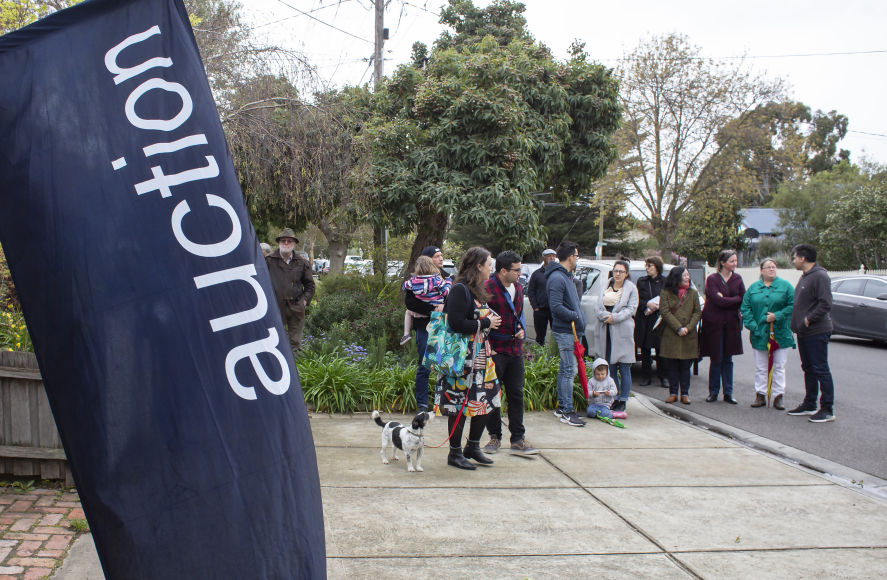
A new survey from Finder, also carried out in October, found older Australians more likely to think now is a good time to buy than younger groups.
This was the case for nearly two-thirds of Baby Boomers, compared with 59 per cent of Millennials and just 40 per cent of Gen Z.
Finder insights manager Graham Cooke said it was becoming increasingly difficult for younger buyers to snag their first home without a high-paying job or input from family.
“The bottom rung of the ladder is getting higher and higher,” Mr Cooke said.
“For anyone in the position where they’ve saved a deposit, now would be a time to take a serious look at the market,” he added. “They very well could be looking at a missed opportunity if they don’t jump on the bandwagon soon.”
Mr Cooke said savings accounts with smaller banks generally offered the best rates, and urged hopeful buyers to focus their energy on finding an account with good long-term value.
We recommend
We thought you might like
States
Capital Cities
Capital Cities - Rentals
Popular Areas
Allhomes
More
